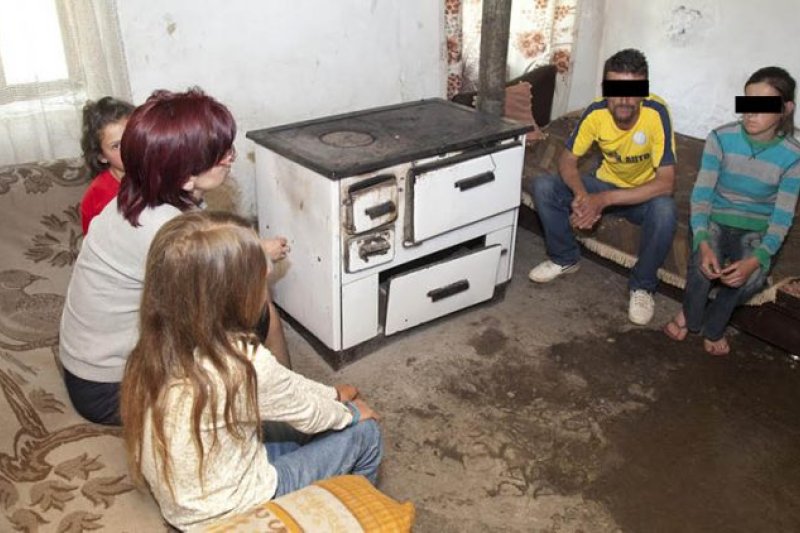Albania Has Highest Poverty in Western Balkans, IMF Says
Pandemic and earthquake increased poverty in Albania, while it continues to be the highest in the region.
In Albania, in 2020, which coincides with the peak of the Covid-19 pandemic, one third of the population, or 32.6%, was considered poor, from 31.8% the previous year. In contrast, social protection for the population is among the lowest. For 2021 the poverty level is expected to decrease slightly to 30.8%.
The figures are made known in the latest report of the International Monetary Fund (IMF) on the progress of the country. "Poverty rate in Albania is one of the highest in the Western Balkans, while its coverage with social protection is among the lowest," says the IMF.
The IMF estimates the indicator based on World Bank data, when those living on less than $ 5.5 a day, measured by the purchasing power parity (PPP) standard, are considered poor.
According to the IMF, poverty in the country is estimated to have increased by 0.8 percentage points after the earthquake and pandemic, returning to partial deterioration, after a period of improvement that had begun since 2014.
"Thanks to the strong economic recovery in 2021 and government support measures, the World Bank estimates a decline in the poverty rate below pre-pandemic levels in 2021. Given the high level of informality, the relatively low power participation rates "Employee and limited government resources, social protection coverage is among the lowest in the region," said the IMF report.
According to the table data, in 2020, the poverty rate in Kosovo increased to 23.4 in 2020 (from 20.9% in 2019). In Northern Macedonia the indicator reached 18% (from 16.9%), while in Montenegro it increased significantly from 14.5% to 20%. The lowest poverty is in Serbia, at 17.4%, almost unchanged compared to the year before the pandemic (17.3%). Data for Bosnia and Herzegovina are not up to date.
In response to the pandemic, authorities rapidly and temporarily expanded existing social protection programs by about 1 percent of GDP in 2020-2021. But the IMF says the enlargement was among the lowest in the Western Balkans. High informality and low social protection coverage mean weak automatic stabilizers, failing to widely support the affected population. The government introduced temporarily higher social assistance benefits, extended unemployment insurance, and provided wage subsidies for formal workers, unpaid family business members, and workers in the informal sector if formalized.
The IMF recommends that increasing coverage of social protection programs will require increasing tax revenues and social security contributions by expanding labor force participation and reducing informality. Furthermore, it will be important to improve the framework of the social protection system, including more targeted and higher social protection coverage to help those most in need, and by reducing exclusion errors and inaccuracies. of beneficiary information.
(Source: Monitor)













